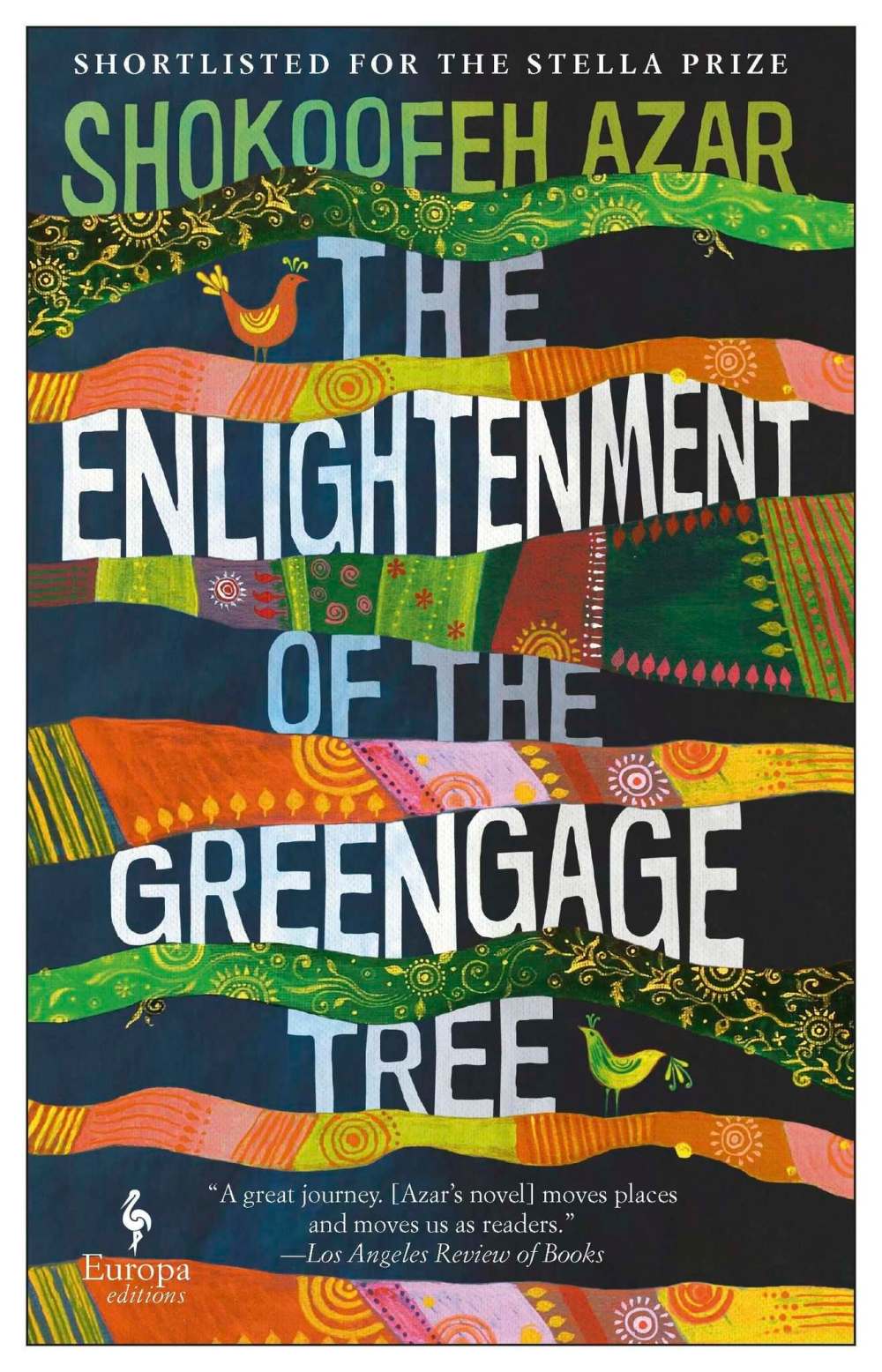Turmoil in Iran can’t break family bonds
Advertisement
Read this article for free:
or
Already have an account? Log in here »
To continue reading, please subscribe:
Monthly Digital Subscription
$0 for the first 4 weeks*
- Enjoy unlimited reading on winnipegfreepress.com
- Read the E-Edition, our digital replica newspaper
- Access News Break, our award-winning app
- Play interactive puzzles
*No charge for 4 weeks then price increases to the regular rate of $19.00 plus GST every four weeks. Offer available to new and qualified returning subscribers only. Cancel any time.
Monthly Digital Subscription
$4.75/week*
- Enjoy unlimited reading on winnipegfreepress.com
- Read the E-Edition, our digital replica newspaper
- Access News Break, our award-winning app
- Play interactive puzzles
*Billed as $19 plus GST every four weeks. Cancel any time.
To continue reading, please subscribe:
Add Free Press access to your Brandon Sun subscription for only an additional
$1 for the first 4 weeks*
*Your next subscription payment will increase by $1.00 and you will be charged $16.99 plus GST for four weeks. After four weeks, your payment will increase to $23.99 plus GST every four weeks.
Read unlimited articles for free today:
or
Already have an account? Log in here »
Hey there, time traveller!
This article was published 15/02/2020 (2109 days ago), so information in it may no longer be current.
The line between imagination and reality can blur in situations of great trauma. In The Enlightenment of the Greengage Tree, Iranian-born, Australia-based author Shokoofeh Azar portrays the experience of a family living in the aftermath of Iran’s Islamic Revolution of 1979, with love and resilience in the midst of trauma and chaos.
Imagination as a means of escaping life’s realities is a recurring theme throughout the book. The ghost of 13-year-old Bahar narrates the story of her own death, her brother’s execution and the family’s flight from Tehran to the village of Razan. There the parents hope they will be safe from the requirements of the country’s new regime, but soon find that even in a village, the violence follows them.
The story circles around a series of events, including book burning in Razan, a series of stories from Iranian folklore and the execution of Bahar’s brother, Sohrab. Following her son’s death, the narrator’s mother climbs a greengage fruit tree, where she receives the enlightenment that gives the book its title.

Themes of violence, loss, family solidarity and enduring love are evident in the novel as the narrator tells of the events that shape her life and the lives of the people around her. A series of unique characters, both living relatives and ghosts, move in and out of the story.
Finally, the family is reunited in an ending that draws together the themes of the book with the dreamlike, almost mystical style of the story. One by one, each character receives an enlightenment that helps to transcend the violence and tragedy that the family experienced.
The Enlightenment of the Greengage Tree is both a simple family story and a complex look at the nature of reality and imagination. The love of Bahar’s parents for each other and their children, old Iranian stories of soothsayers and pilgrims, and the fable-like feel of the story all contribute to the sense of an altered reality.
Readers can learn something of the history and culture of Iran in the 1980s through this story, but the main focus of the book is human nature rather than political or historical information. Even the anachronism of characters using their phones to film the murder of Bahar’s sister somehow fits with the theme and overall sense of timelessness in the book.
At one level, The Enlightenment of the Greengage Tree is easy to read as a story, despite its many disturbing scenes and dark themes of loss and violence. However, a superficial reading only begins to reveal the deeper issues of cultural and religious clashes, a society in chaos and a family struggling to survive.
Despite the gravity of the subject matter, the book has a matter-of-fact tone that both reduces and enhances the sense of danger and violence. The narrator may be only 13 years old and takes life as it comes, but death has given her wisdom and insight beyond her years.
The Enlightenment of the Greengage Tree is well written and translated, with only a few Farsi terms left in the text to give it a flavour of the original. Although the revolving style of the story is hard to follow at times, the book is well worth reading.
Susan Huebert is a Winnipeg writer, editor and pet sitter.

